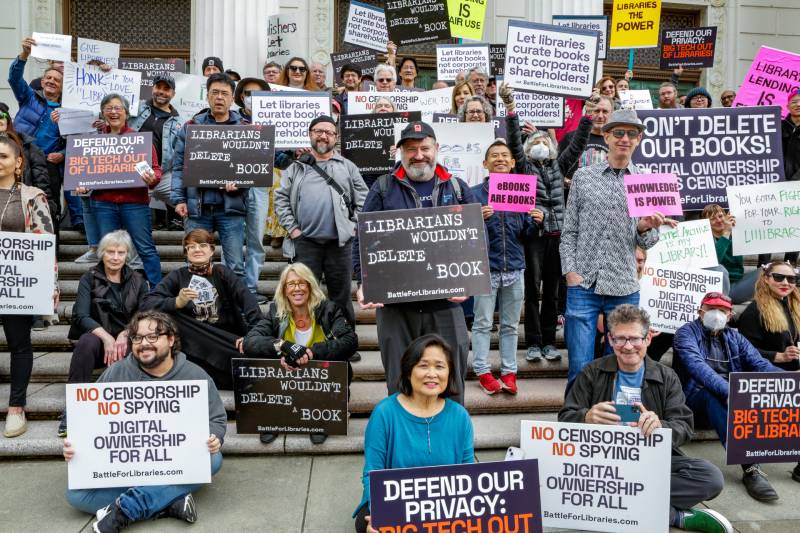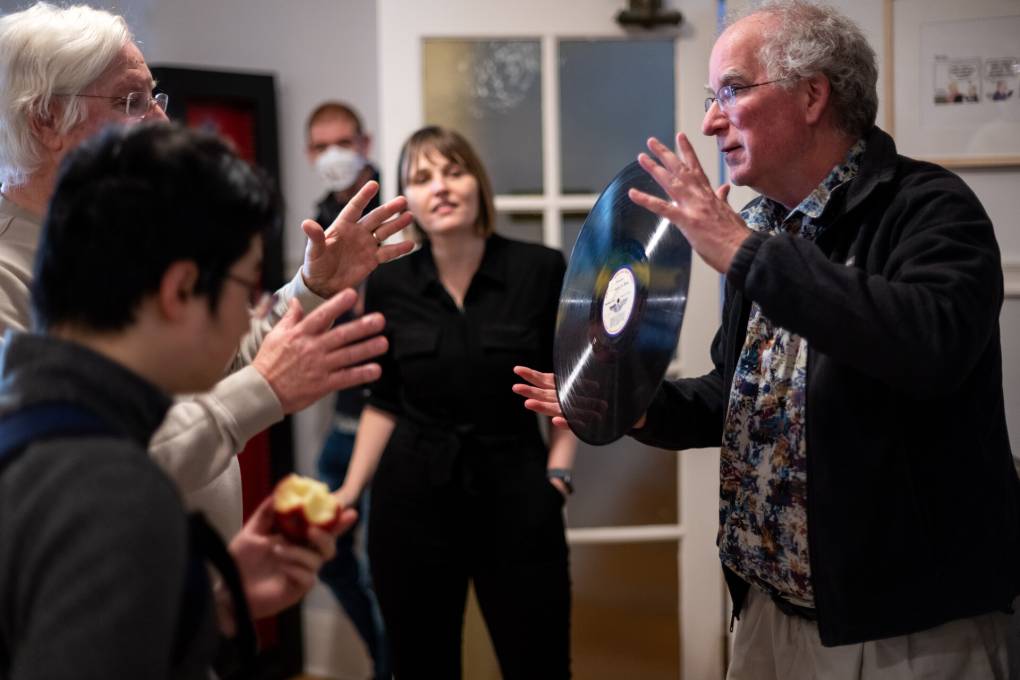San Francisco leaders are throwing their support behind the threatened Internet Archive, a free digital library headquartered in San Francisco’s Richmond District.
The Board of Supervisors on Tuesday unanimously approved a resolution (PDF) in support of the archive, which is fighting a federal ruling from late March, when U.S. District Court Judge John G. Koeltl of the Southern District of New York sided with publishers who sued the nonprofit for copyright violation. The resolution next heads to Mayor London Breed for approval. Then, Chan said, it will be referred to the state Legislature and the U.S. Congress for support.
“At a time when we are seeing an increase in censorship and book bans across the country, we must move to preserve free access to information,” Supervisor Connie Chan, who authored the resolution and represents the Richmond District, said in a press release. “I am proud to stand with the Internet Archive, our Richmond District neighbor, and digital libraries throughout the United States.”
Founded in 1996, the Internet Archive is a nonprofit digital library and archive that preserves books, music, film, webpages and many more media artifacts and makes them publicly available for free. It holds nearly 41 million books and counting, and lends those as e-books on a one-to-one basis referred to as “controlled digital lending.”
But in 2020, when in-person libraries were largely closed due to the pandemic, the archive removed waitlists for its e-books so more people could access them. It ended that practice in June of the same year, but by then, four of the largest publishing houses had sued the Internet Archive for copyright infringement.


